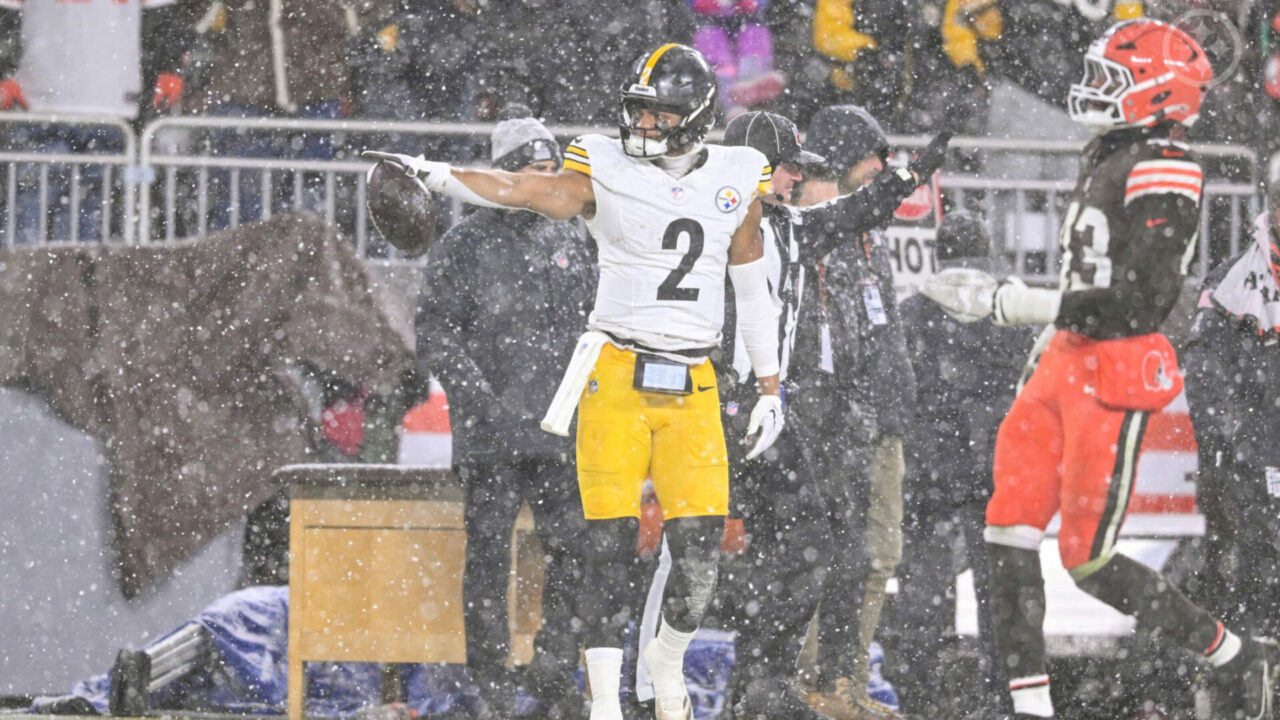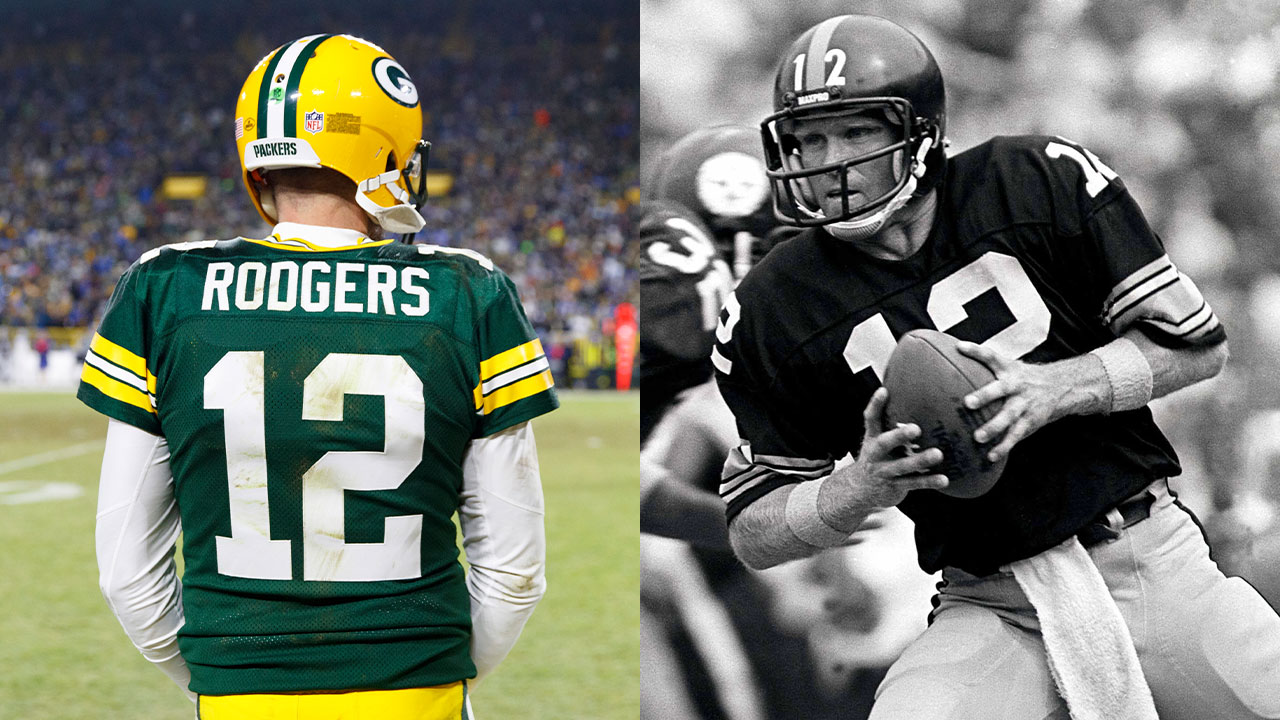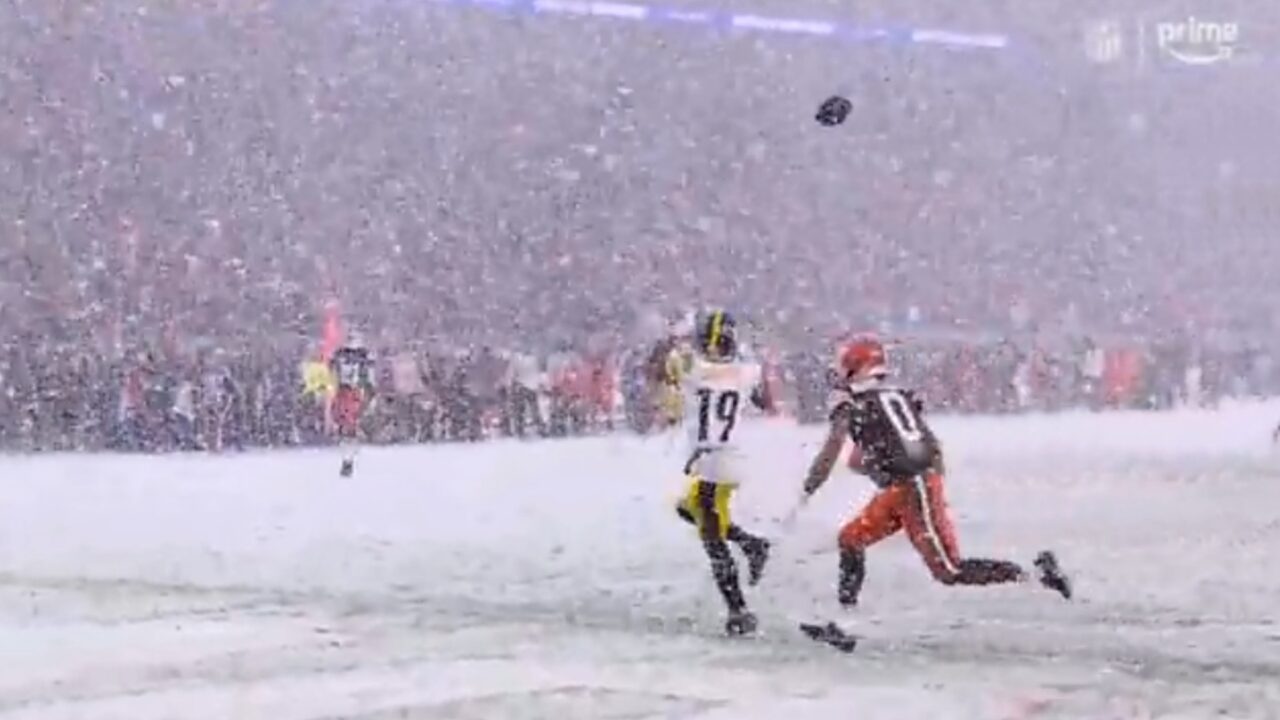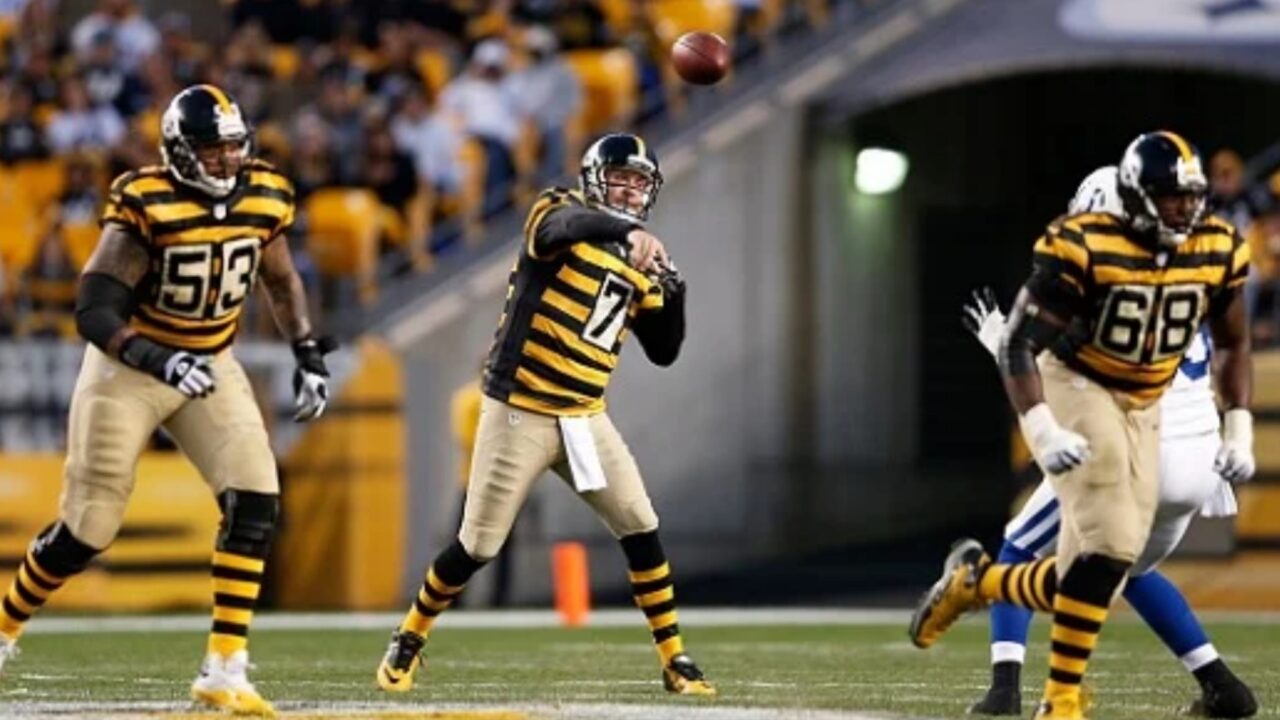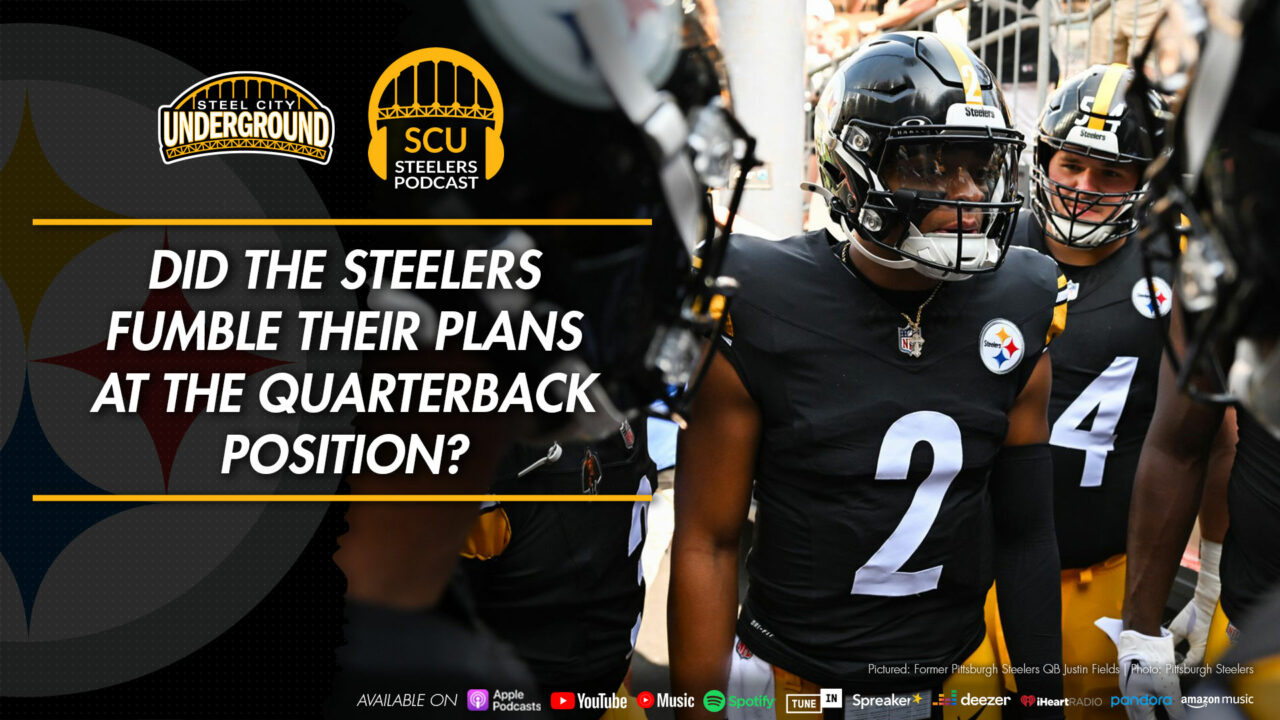5 Steelers surprises in Thurday’s loss against the Browns
Our SCU staff and contributors pick the “surprises” from the Pittsburgh Steelers’ latest matchup each week. Check out more below to see which plays and situations surprised us the most!
The Pittsburgh Steelers dropped their third defeat of the 2024 season with a 19-24 loss by the Cleveland Browns on Thursday. The loss keeps the Steelers in a marginal lead in the AFC North over the Baltimore Ravens, who will play on Monday Night Football.
While the outcome wasn’t as expected for the Steelers, there are always key factors to discuss. Here are some surprises from the Steelers-Browns game Thursday night.
Points given up
The game was also a statistical anomaly for the Browns and Steelers. Coming into the Thursday matchup, the Steelers’ defense was second in the NFL in scoring, giving up 16.2 points-per-game on average. Cleveland’s offense was 31st in the league, scoring exactly the same 16.2 average.
One might imagine holding the Browns to 18 points with four minutes remaining in the game might be enough to get the victory. However, the Steelers defense would allow a nine play, 45 yard drive that put the Browns up 24-19 in the closing minute of the fourth quarter.
Cleveland’s 24 points are the second-most they’ve scored this season, with both of their 20+ point games coming against AFC North opponents. (29 against Baltimore on October 27th.)
Streaks broken
Want to know a shocking statistic? The Pittsburgh Steelers are now 0-8 in divisional games played on the road on Thursday Night Football. While Mike Tomlin is 0-6, the streak predates his time back to previous head coach and Hall of Famer Bill Cowher. The first loss occurred in 1999 against the Jacksonville Jaguars, then a member of the old AFC Central.
The loss also snapped a five-game win streak for the Steelers, which started on October 13th against the Las Vegas Raiders. The loss also broke Russell Wilson’s unbeaten streak as the Steelers starter and his 3-0 perfect record against the Cleveland Browns.
As for assessing any NFL player props and betting lines, the weather made the game unplayable for some of the Steelers stars to shine. Both squads hit the combined over of 36 points but several individual players failed to meet their typical marks, including WR George Pickens who caught only four passes for 48 yards and RB Najee Harris, who ran for 41 yards. Neither player would score a touchdown in the contest.
Justin Fields packages
Justin Fields came in for seven plays against the Browns on Thursday night, with mixed results.
The first Fields play came on a 4th-and-2 from the Browns 48 with 3:30 remaining in the first quarter. Rather than gaining the needed two yards for a first down, Fields was stopped for a loss of two yards instead. Fields’ next run would come with 11:32 remaining in the fourth quarter, where the QB came in on a 2nd-and-6 and tore off a 30-yard run down to the Cleveland 35.
He would remain in the game for a few more snaps, losing two yards on another rushing attempt and throwing an incomplete pass attempt to George Pickens on 2nd-and-12. A roughing the passer call negated the negatives and moved the ball up to the Cleveland 22, allowing Russell Wilson to finish the drive which was capped off with a Jaylen Warren touchdown run.
Fields would return on a 3rd-and-4 situation from the Steelers 30, where he would be unable to connect with Pickens yet again on a deep pass attempt. The Steelers would send out the punt unit, to disastrous results in the wintry weather. (Corliss Waitman would shank a 15-yard punt that gave the Browns an opportunity to win the game.)
Penalties or lack thereof
In one of the more wild atmospheres you’ll see in a football environment, with winds swirling, wind chill at 27 degrees, and snow flurries covering the gridiron, there were few of the usual penalties you see in every game played on Sunday.
Referee Brad Allen and his crew called an astonishing seven false start penalties throughout the game, including multiple infractions on special teams. However, despite having game wreckers with former Defensive Player of the Year winners on each defense – T.J. Watt and Myles Garrett – somehow there wasn’t a single holding call against either offense. That includes the likelihood of there being even more calls due to the sloppy conditions.
Allen’s crew also failed to find a single pass interference infraction, despite some controversial contact throughout certain portions of the game. (Including Fields third down “miss” to Pickens that caused Coach Tomlin to send out the punt unit at the end of the game.)
The most egregious of those calls or non-calls was near the end of the game, with Jameis Winston hurling an errant pass into the ground to avoid a sack from Patrick Queen. The pass was nowhere near an intended receiver (it hit an offensive lineman instead) and failed to reach the the original line of scrimmage while Winston was not outside the “tackle box”. With all criteria for the call met, the 3rd-and-2 situation should’ve turned into a 4th-and-12, with the Browns being penalized ten yards and a loss of down.
Instead, Allen’s crew opted for “illegal touching” which created a mess of a situation in how the penalty was enforced. Tomlin opted to accept the penalty, creating a 3rd-and-6 which was converted by Jerry Jeudy – who wasn’t visbility touched down nor the play ruled dead. Steelers CB Beanie Bishop then ran in and smacked the ball away from Jeudy, who had stood up and started to make a motion to continue play.
The officials didn’t see this the same as Bishop and tagged him for a delay of game foul, costing the Steelers another five yards – and a stopped clock to boot.
Unfortunately, all of these factors aided the Browns’ comeback drive to win the game.
Inability to gain one yard
As much as I can sit and write about officiating, the Steelers offense’s inability to gain short yards in critical situations played a determining factor in the outcome.
The first setback occurred on a 3rd-and-1 early in the game when TE Darnell Washington was called for a false start. While the Steelers converted the ensuing play, they’d fail to convert on a 3rd-and-3 with Russell Wilson taking a sack. The eight-yard loss set a potential Chris Boswell field goal, that was missed, to a 58-yard attempt.
The next Steelers failure in short yardage situations was the aforementioned Fields run and loss of two yards (in the first quarter.)
The Steelers would recover a fumble to start the third quarter but failed to capitalize with points when Jaylen Warren came up short of a first down on 3rd-and-7, then remained in the game to run the ball for a 4th-and-1: only to lose a yard on the try.
Najee Harris would have no luck on a 3rd-and-1 on the next drive either, running into the pile for no gain. (Wilson would complete a pass on the ensuing 4th-and-1 to move the chains.)
Feeling those struggles throughout the game may have caused the Steelers to go for the deep shot to Pickens via Fields, rather than attempt to run on 3rd-and-4 with 3:34 remaining. However, the coaching staff may have outsmarted themselves as the incomplete pass stopped the clock for Cleveland, and the 15-yard punt that followed gave them excellent field position to attempt to their comeback.
Pittsburgh will have to work better on offense in short yardage situations going forward if they would like to compete with the league’s best as December football begins to rely more and more on the ground game in cold weather situations.
